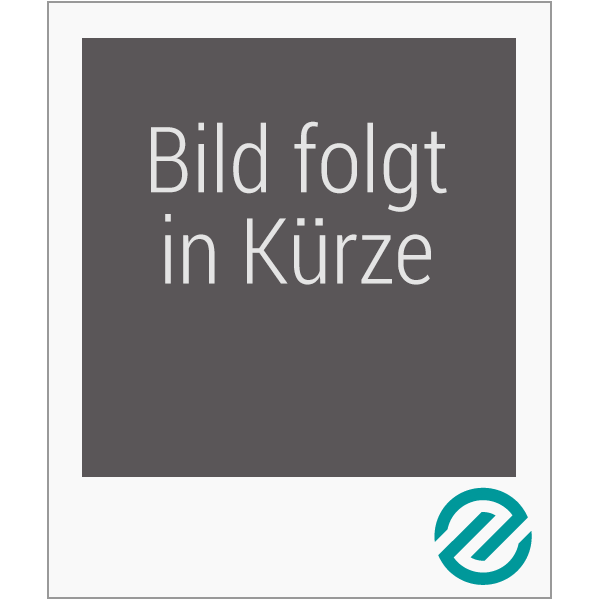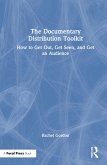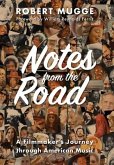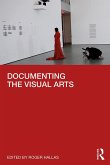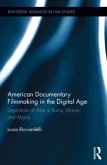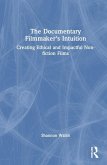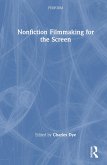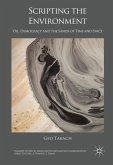The volume examines the documentary practices of film, theatre, and literature from the 1960s to the 2020s in Ukraine, Russia, Belarus, and the Baltic states. Methodologically innovative case studies consider contemporary 'witness art' - for example verbatim theatre based on interviews with people participating in political protest and war. The contributions expand on the political, medial, and aesthetic developments that shaped Soviet attitudes towards the arts and show how these concepts still influence contemporary practices. The essays are written for scholars and students of literature, culture, sociology, film, theatre, and trauma studies, but also for general readers interested in the documentary arts. The Russian invasion of the Ukraine has reinforced a dynamic that had already gained traction due to the political transformations post-1991 and the Euro-Maidan. Ukrainian documentary art has become a tool to witness rapid change and to counteract media warfare. Artists have reacted by creating works that address traumatizing experiences by keeping records and analyzing the ongoing events at the same time. The essays reflect on documentary approaches that are proving to be collaborative artistic tools in violent times.
